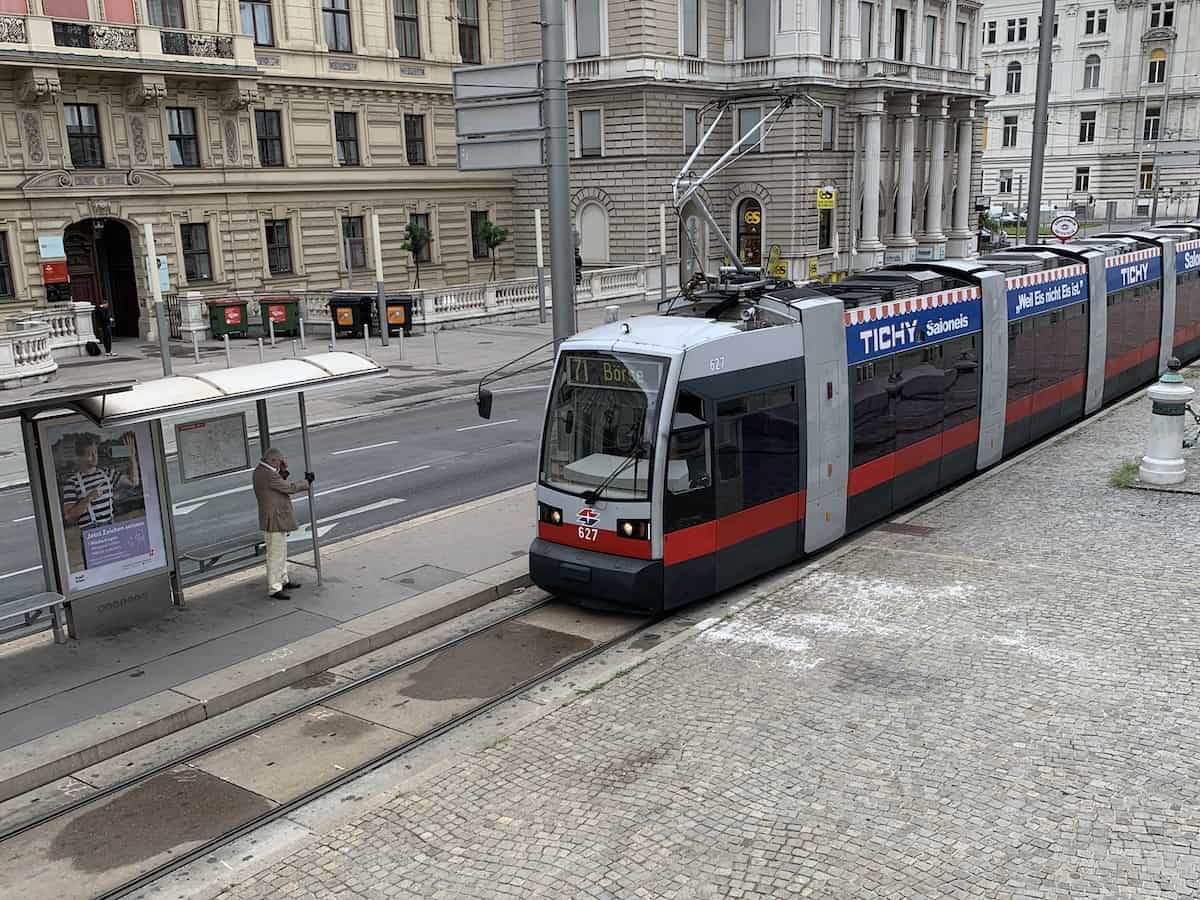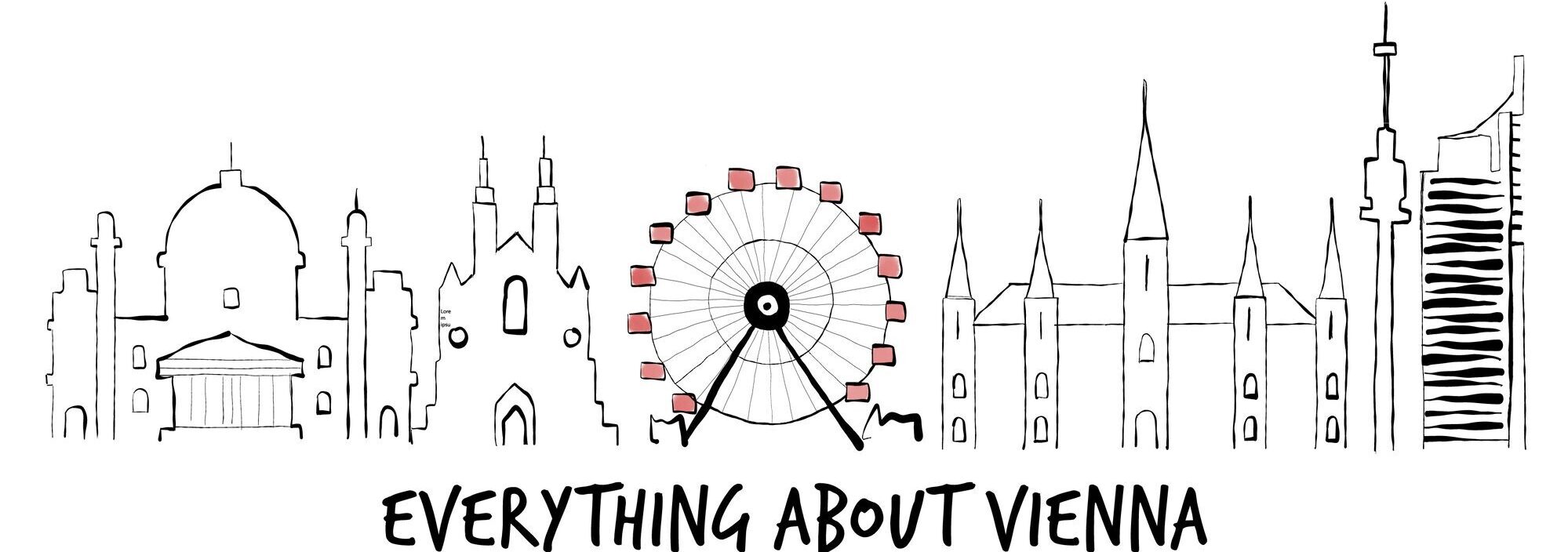It’s a question more and more travellers are asking, especially in uncertain times. You’ve just booked your flight, scrolled through photos of grand palaces and cosy cafés, and maybe even mapped out your first slice of Sachertorte. But somewhere in the back of your mind lingers that quiet thought: “Is it really safe to go there right now?”
If you’re travelling from the US or the UK, it’s natural to be cautious. From headlines to hearsay, safety concerns can often cloud the excitement of planning a trip abroad. But here’s the good news: Vienna has long been known as one of the safest cities in Europe, and in 2025, that reputation still holds.
With a world-class healthcare system, low crime rates, efficient public transport and a calm, organised atmosphere, Vienna makes it remarkably easy to relax and enjoy your trip. That said, no city is completely free of risk, so in this guide, we’ll walk you through everything you need to know to travel safely and confidently in Vienna in 2025.
How safe is Vienna in 2025?

Vienna is still considered one of the safest cities in Europe, and the latest international rankings back that up. In 2025, Austria is ranked third in the William Russell Global Safety Index for expats and travellers. Vienna, as the capital, benefits directly from the country’s stability, strong infrastructure and well-functioning institutions.
Official travel advisories reflect this. The United States Department of State classifies Austria as a Level 1 country, meaning travellers are simply advised to exercise normal precautions. The UK Foreign Office does not currently warn against any travel to Austria. Canada’s travel advisory mentions that petty crime exists in tourist areas, but violent crime is rare.
What makes Vienna feel safe is not just the statistics. It’s the everyday atmosphere. The streets are clean and well-lit, even late at night. Public transport is punctual, widely used, and safe to navigate. People walk alone after dark without hesitation. Emergency services respond quickly and are easy to contact if needed.
Of course, as in any city, it pays to stay aware of your surroundings. But overall, Vienna offers a calm, orderly, and safe environment for anyone planning a visit in 2025.
Petty crime and tourist scams
Vienna has a well-earned reputation for low crime rates, but like most popular cities in Europe, petty crime can still occur, especially in areas where tourists tend to gather. Pickpocketing is the most common issue, but it rarely turns aggressive.
Busy locations such as Stephansplatz, the area around St Stephen’s Cathedral, and the larger train stations like Hauptbahnhof and Westbahnhof are known spots where opportunistic thieves may try their luck. Public transport, especially during rush hour or on crowded trams, can also be a place where wallets or phones go missing.
Fortunately, avoiding trouble is usually just a matter of using common sense:
- Keep your bag zipped and close to your body.
- Don’t carry your passport or large amounts of cash unless necessary.
- Be cautious if someone tries to distract you with a strange question or an overly friendly conversation.
It’s also worth knowing that scams are not a widespread issue in Vienna. You won’t typically encounter fake charity collectors or aggressive street vendors. However, like in many cities, be mindful of people offering help at ATMs or trying to sell unofficial concert tickets.
If you do run into trouble, Austria has a reliable police force and a clear tourist support structure. In case of emergency, dial 133 for the police or 112 for general emergencies.
Terrorism and public safety
Austria is not immune to global security challenges, and Vienna has experienced isolated incidents recently. However, these events remain rare, and the Austrian authorities are known for their rapid and well-coordinated responses.
While Austria has experienced isolated incidents related to terrorism recently, such events remain extremely rare. When threats have emerged, Austrian authorities have responded quickly and effectively, ensuring that public safety is restored with minimal disruption. For most travellers, the risk remains very low.
It’s important to put these events in perspective. They are the exception, not the rule. Vienna remains calm and secure, with a visible but discreet police presence in central areas and near major transport hubs. Public buildings, venues, and events also follow strict safety protocols.
For travellers, this means you are highly unlikely to be affected by such risks. As always, it’s wise to stay aware of your surroundings and follow local advice, but there is no reason to avoid Vienna due to safety concerns.
Public transport and getting around safely

Vienna’s public transport system is one of the safest and most reliable in Europe. The city is served by an extensive network of U-Bahn (underground trains), trams, buses and regional trains. For many locals and visitors alike, it’s the easiest and most comfortable way to get around.
Security on public transport is generally excellent. Stations and vehicles are clean, well-maintained and regularly patrolled. Surveillance cameras are common, and emergency intercoms are available on platforms and in carriages. Travelling alone at night is not unusual, and many Viennese feel perfectly safe doing so.
That said, late at night you may occasionally encounter people under the influence of alcohol, particularly on weekend nights. These situations are usually harmless, but if you feel uncomfortable, simply move to another carriage or wait for the next train.
Tickets are checked randomly rather than at entry gates, but fines for travelling without a valid ticket are high. Always validate your ticket before boarding if required, or use a mobile ticket via the official Wiener Linien app.
Demonstrations and political gatherings
As the capital city of Austria, Vienna is occasionally the stage for political demonstrations, marches or public protests. These are typically peaceful and well-organised, with police present to ensure that everything runs smoothly.
Most demonstrations take place near major political buildings such as the Parliament or the Heldenplatz, and they are typically announced in advance. Local media and the city’s official websites often provide timely updates about planned events, road closures or rerouted public transport.
While such gatherings rarely pose any threat to public safety, it’s a good idea for visitors to avoid them when possible. Not because they are dangerous, but simply to steer clear of large crowds and potential disruption to your plans.
If you do encounter a protest or rally during your stay, stay calm, observe from a distance, and follow any instructions given by local authorities.
Medical services and emergency numbers
Vienna has a strong and modern healthcare system. Whether you need urgent medical help or simply a pharmacy for something minor, the city makes it easy to find professional care.
Hospitals and clinics in Vienna are well-equipped and offer a high standard of treatment. Many doctors and nurses speak English, especially in larger institutions and private clinics. Emergency services are efficient and usually arrive quickly when called.
In case of a serious emergency, dial 112 – this is the general European emergency number and works for police, ambulance and fire services. If you need to contact the police directly, you can also call 133. For medical help that is urgent but not life-threatening, the number 1450 connects you to a health advice line where trained professionals can advise you on what to do next.
Pharmacies (Apotheke) are easy to find across the city, and at least one is always open at night in each district. Look for the green cross symbol or check online for the nearest night pharmacy (Nachtapotheke).
Travelling with medication
If you’re bringing prescription medication to Vienna, carry it in its original packaging and bring a copy of your prescription, especially if it includes controlled substances. While most common medicines are available locally, having documentation can help avoid misunderstandings at the border or in case you need to visit a pharmacy.
LGBTQ+ safety and inclusivity

Vienna is widely regarded as one of the most LGBTQ+ friendly cities in Europe. The local atmosphere is open-minded, and same-sex couples can feel comfortable showing affection in public. Anti-discrimination laws are strong, and the city hosts a vibrant queer community with events like Vienna Pride and the Rainbow Ball. For more detailed information, visit our dedicated LGBTQ+ travel page with tips, venues and local insights.
What to expect when visiting Vienna in 2025
Travelling to a new city always comes with a mix of excitement and questions. Wondering about safety is perfectly normal, especially if you’re unfamiliar with the destination. In Vienna, those concerns can largely be put to rest. From the quiet streets in residential neighbourhoods to the lively atmosphere of a classical concert or Christmas market, the city offers a sense of calm and security that many visitors notice immediately.
That said, it’s always wise to stay aware of your surroundings, take care of your belongings, and keep an eye on local updates when needed. Still, Vienna remains a city where you can move around freely, rely on public transport, and enjoy your time without feeling uneasy.
Whether you’re visiting for art, coffee houses, history or a walk along the Danube, Vienna is a place where you can feel safe, relaxed and genuinely welcome.
